You’ve probably heard of the two most popular ways to grow cannabis plants: hydro and soil. But which one is right for you? In this article, we’ll take a look at the pros and cons of each method so you can make an informed decision.
Autoflower is a type of cannabis that doesn’t need to be switched to a flowering light cycle to flower. It automatically flowers after a certain period, regardless of the light cycle. This makes it a good choice for beginner growers since you don’t have to worry about changing the light cycle at the right time.
Here are some of the benefits of growing cannabis in soil:
Soil is the easiest and cheapest medium. There’s not much need for equipment other than pots and a container to water your plants. People just starting to grow can buy different types of soil at the garden store. Digging up soil is also an option and it doesn’t need as many nutrients as hydro because the ground already has some nutrients stored in it.
When it comes to cannabis cultivation, it seems that many individuals start by growing in soil. If you’ve ever grown or cared for a plant in soil, this may be the ideal option for novices since you’ll be accustomed to the environment.
pH stands for “potential of hydrogen” and is a scale that measures how acidic or alkaline something is. The ideal pH level for cannabis is around 5.8-6.2, but the soil is more forgiving than hydro when it comes to pH levels. This is because the soil contains natural buffers that can help stabilize the pH.
Here are some of the cons of growing in soil:
Having bugs is one of the soil’s major drawbacks. Growers appear to experience pests and bugs in the soil more frequently than in hydroponic setups because this medium is organic matter and contains organic material that attracts many sorts of bugs that can dwell in the soil.
Weeds can be a problem when growing in soil, especially if you’re using store-bought soil that’s not been sterilized. If you don’t want to deal with weeds, make sure to sterilize your soil before planting. You can do this by baking it in the oven at a low temperature for an hour or so.
Plants that are grown hydroponically do not use soil. These plants are given access to nutrient-rich solutions, oxygen, and water. Rapid growth, higher yields, and higher quality are encouraged by this approach.
There are many ways to grow hydroponically, but some of the most popular methods include:
Here are some of the benefits of growing cannabis in hydro:
In a hydroponic setup, you have complete control over the environment since you’re growing in a closed system. This means you can more easily control factors like temperature and humidity.
Since you have complete control over the environment, you can optimize it for maximum efficiency. For example, hydroponic growers often use a nutrient film technique (NFT) system, which recirculates the nutrients and water to minimize waste.
Hydro growers can optimize the environment for maximum growth, and since the roots have direct access to water and the nutrient solution, they can grow faster and produce more buds.
Here are some of the drawbacks of growing cannabis in hydro:
You’ll need to invest in a good quality hydroponic setup, which can be pricey. You’ll also need to buy nutrients specifically for hydroponics, which can add to the cost.
A hydroponic system is more complicated than a soil system, so it’s not the best choice for beginners. You’ll need to understand things like pH levels and how to properly mix your nutrients. Hydro growers tend to have a lot more experience.
Since you’re growing in a closed system, you’ll need to check on your plants regularly to make sure everything is working properly. If something goes wrong, it can quickly ruin your entire crop.
While you may be interested in gaining bigger plant numbers, growing in a hydro setup is not very easy. There is a learning curve in getting a proper and successful hydro grow.
The pH level is vital for your plants to absorb nutrients properly. Measurement and adjustment of pH levels are mandatory in hydroponic plants. You will need to take a pH test at the beginning of the week, and remember that plant growth can be controlled through nutrients. If the nutrients are out of balance, the plant could be unable to grow again.
Lighting is extremely important too – using improper light or a light that doesn’t have enough force will stop your plants in their photosynthesis. Led lighting produces full-spectrum which is typically chosen for growers.
Incorrect nutrient solution usage can hinder your plant’s growth and also damage your hydro system. Some fertilizers may not dissolve completely and can clog pipes and drain lines.
You must clean your plant setup before and after all growth cycles because it may contain harmful bacteria, which can lead to an algae-laden hydro setup.
In recent years, coco-coir, a brand-new and interesting growing medium, has been made available.
All levels of cultivators, but notably beginning growers, are finding that coco-coir, which is formed from the finely ground up husks of the external, shaggy layer of coconuts, is their preferred growing medium. This adaptable, simple-to-use medium is inert (meaning chemically inactive or completely devoid of nutrients), but for cannabis production, it is ideal to mix with perlite to increase the capacity for oxygenation.
Many cannabis producers are switching to coco-coir as their primary growing medium for several reasons, but the main benefit is that it offers many of the benefits of both soil and hydroponic growing and is highly forgiving. Systems based on soil are always simpler than hydro installations. With coco-coir, you may enjoy the benefits of soil-based growth while having far more control over your crop’s feeding schedule. With coco, you can easily monitor nutrients because you can simply add synthetic nutrients to the feed water.
The answer to this question depends on your individual needs and preferences. If you’re a beginner, the soil may be the best option since it’s less complicated and easier to control. However, if you’re looking for maximum efficiency and yield, hydro may be the way to go. Coco coir offers a happy medium between the two, giving you the best of both worlds. Whichever method you choose, be sure to do your research and set up your grow room for success.
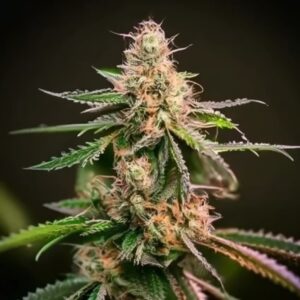

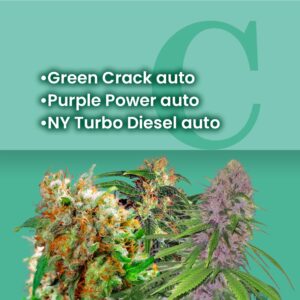
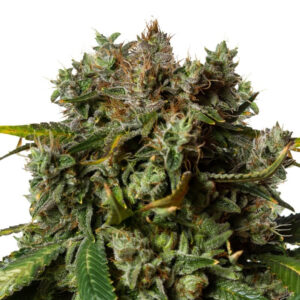

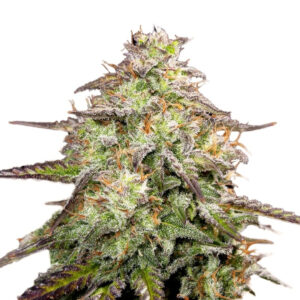
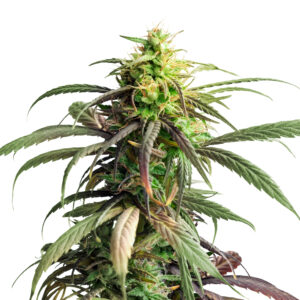






Related Posts
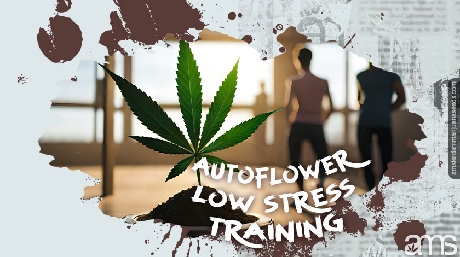
You may have heard that autoflowering cannabis plants are low-maintenance and don’t require a lot of training, and that is true – but there are still ways you can help your cannabis plant produce more buds and increase your yields. One technique is called low stress training, or LST for short. Read on to learn how to properly low stress train your autoflowers for maximum results.
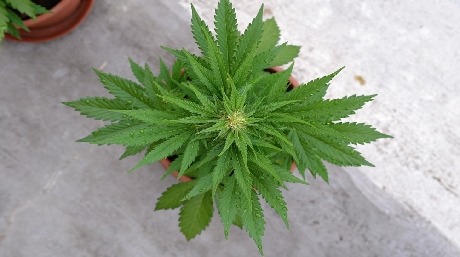
You come across the term auto-fem seeds everywhere when you look around for weed seeds. But what are they?
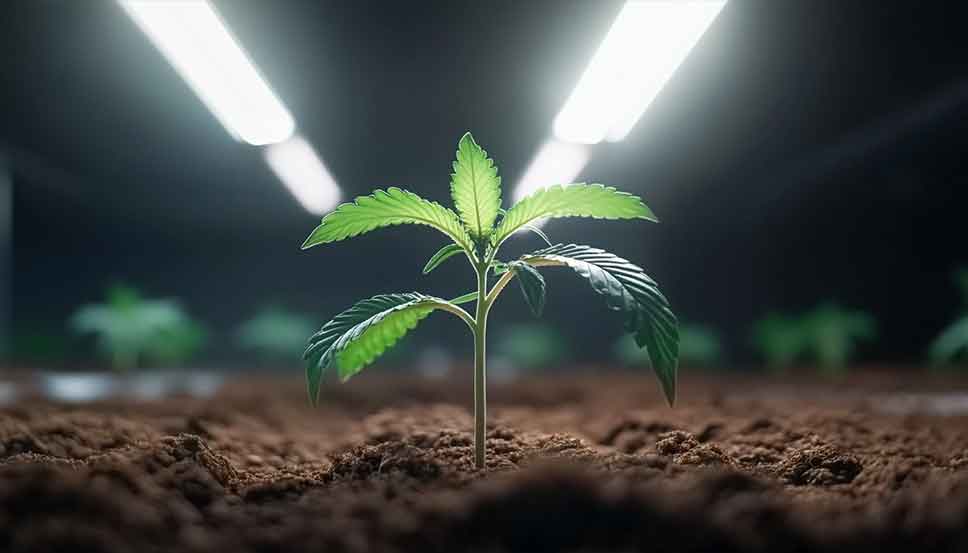
Having trouble getting your autoflowers to flower? No matter what your situation may be, we’ve got you covered. Let’s dive into more about autoflowers and how to get them to flower properly.